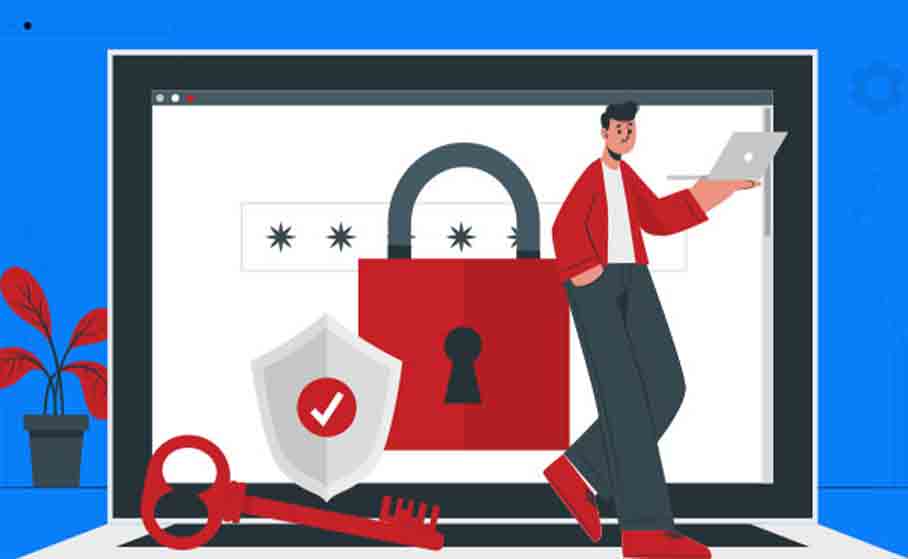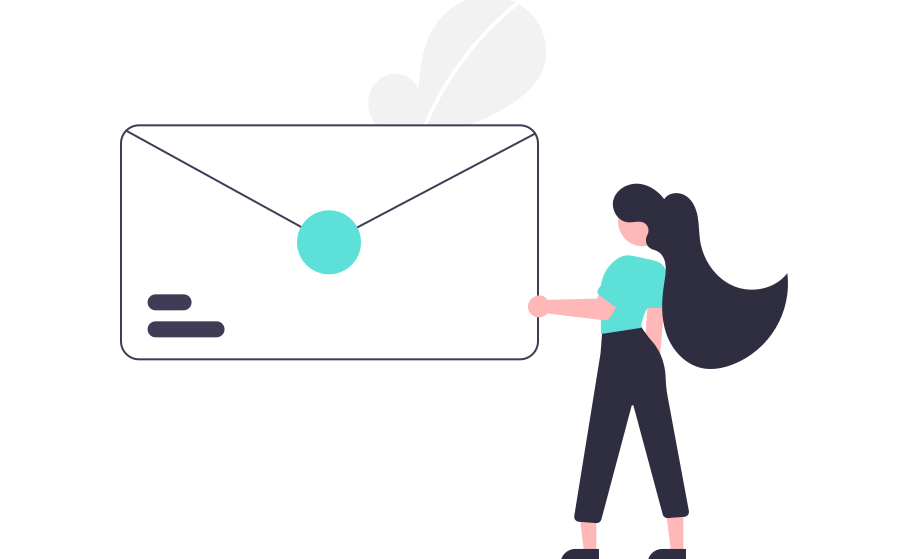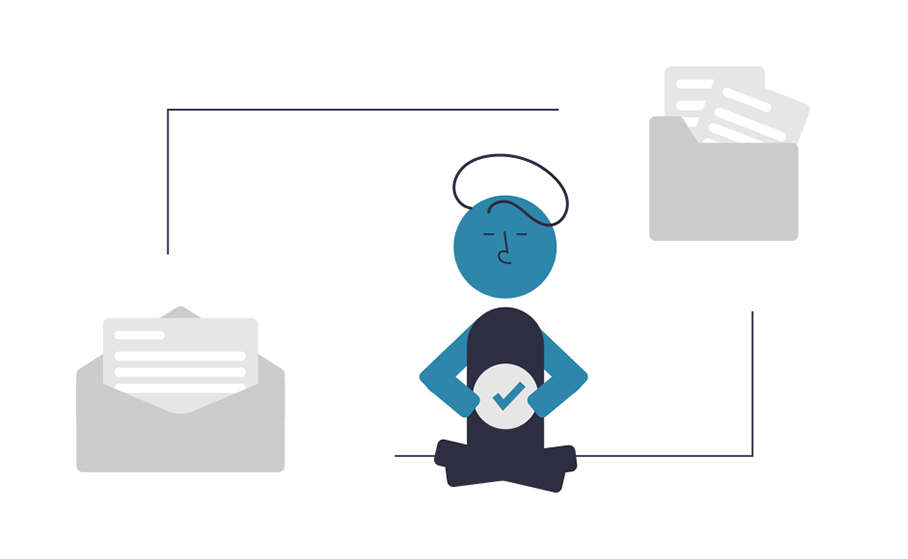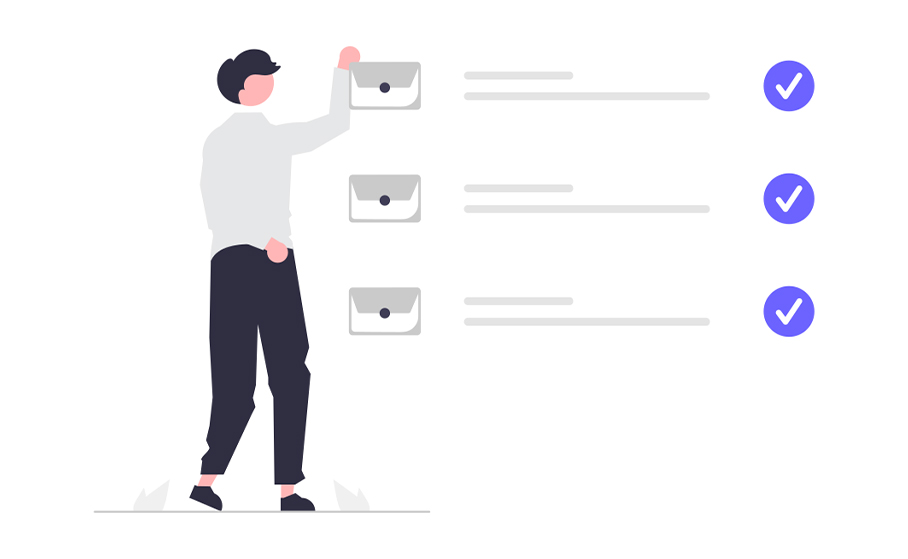In the event that you have a business, odds are you have a site. Furthermore, on the off chance that you have a site, you really want to keep it secure
As soon as you launch your website or business online, it could become the target of cyber attacks. In fact, even before this pandemic, cybercrime was already a major threat to entrepreneurs and online business owners. Indeed, even Facebook encountered an information break that impacted 3.5 million Canadians alone! So how can small businesses protect themselves when even the tech giants can't?
Let's take a look at the 7 best ways to secure your online activities to protect your business, your customers and your team.
1. Choose a security-oriented web host
When you create your website, your first big decision is to choose your web hosting provider. It's normal to feel overwhelmed by this choice, especially if your technical knowledge is limited. The most important thing is to choose a web host that you can trust and that has security as a priority. After all, it is this host that runs your website, so it has a direct impact on its security.
Hackers will look for easy prey, much like a thief goes from one car handle to another late at night until he finds an unlocked one. Putting security on the back burner is therefore a rookie mistake to make. That being said, we recognize that it's not the most exciting aspect of your business, but it is an important one.
In particular, favor a web host that:
- Offers multiple layers of protection
- Offers 24-hour support if you have a problem
2. Keep your software and applications up to date
Always keeping your computer, website or other device up to date is the easiest way to protect yourself from cybercrime. The internet is constantly changing, and so are the cyber threats. Hackers are quick to find loopholes and security breaches, every time a new software version or extension is installed or updated.
But there is a simple way to stay one step ahead: update your software! These updates often include bug fixes or vulnerabilities and prevent your website from becoming an easy target for attacks.
In addition, most applications offer you the possibility to do automatic updates. When this option is available, simply enable automatic updates and you won't have to worry about manual updates.
3. Always choose an SSL & HTTPS certificate
So what is a SSL declaration and for what reason do I want one?
A SSL declaration makes your site safer. It is the little padlock you see in a web browser, just to the left of the website's domain name. It adds an "S" to HTTP and thus informs your visitors whether your website is encrypted or not.
What does HTTPS mean? HTTPS stands for HyperText Transfer Protocol Secure. It is the secure version of HTTP.
Passwords and Visa data ought to never be sent over unstable associations.. By encrypting your data, an SSL certificate and an HTTPS connection help prevent certain types of cyber attacks, such as man-in-the-middle attacks. In this case, a hacker intercepts the unencrypted data transmitted between your website and your device. In some cases, hackers can even copy your website while customers who trust you are sending their personal information and credit card numbers.
In addition to helping build trust, an HTTPS connection is also an SEO factor for search engines like Google. So it's a quick and easy way to build trust and boost sales. Online consumers are quick to find new ways to recognize if a website is worth their money and trust!
4. Protect your administrators and your terminals
Most companies use the Internet to track their business, sales, orders and inventory. Not to mention marketing and communication campaigns, such as social media use and other fundamental activities. And we continue to witness serious breaches of website or computer security. To protect your devices and data, follow these guidelines:
- A firewall acts as a firewall between your data and the outside world. The firewall helps protect your network from suspicious or unauthorized access and alerts you when there is an intrusion attempt. Firewalls are built into most operating systems, such as Windows and macOS. On top of that comes an additional layer of protection with an antivirus, such as Bitdefender or Avast. It protects your device from malicious code and software by detecting threats in real time and keeping your data safe. All these options are included in the WHC SiteSafe Protection Plan.
- Our friends at CIRA also offer CIRA Canadian Shield - free malware and phishing protection for Canadians. It's free, takes 5 minutes to install, and is designed and offered only for Canadians.
- A spam filter secures your email against spam, viruses, phishing, ransomware and malware attacks. WHC's Enterprise Anti-Spam features intelligent self-learning technology that removes unwanted email before it even reaches your inbox. It keeps your inbox relevant and improves productivity and security.
- When you have a website, your personal information (such as your address and phone numbers, domain name, IP address, etc.) is stored in a Whois database. This information can allow a hacker to take control of your website. Domain Identity Protection protects this data from hackers, spammers and identity thieves. You control your public WHOIS directory information while maintaining full control over your site. By keeping control of your web site, you remain in control of your domain.
5. Use secure passwords (or keys, if possible)
Block hackers with good password usage.
According to a survey conducted by BitDefender, 59% of people use the same password everywhere. Yet, the same study tells us that 91% of people know that reusing a password poses huge security risks. So, if you're still writing your passwords down in a notebook, or worse... on a piece of paper, you may be the next best thing for hackers. Here are three simple tips to immediately improve your password strategy:
- Use 2-level authentication whenever possible
- Avoid passwords based on dictionary words or common phrases such as QWERTY or 123456789
- Use a different password for every site you log into
Don't think you can remember all your passwords? You're not alone. This is the first reason why people reuse their passwords. Memory is a faculty that forgets! But there is hope! A secret phrase chief, like LastPass or 1Password, can help you.
6. Monitor your website every day (and automatically!)
An infected site (with malware or a virus) can significantly damage your website and its reputation. It can prevent visitors from accessing it or, worse, infect your visitors' computers. An infected website can also harm your SEO, as your site can be blacklisted by search engines.
Since some malware can be sneaky, it is highly recommended to perform an automatic scan of your website. We recommend using tools that can scan your site on a daily basis, such as SiteSafe Protection, and quickly reporting any suspicious or unusual findings so that appropriate action can be taken.
7. Cybersecurity must be a top priority
Cybersecurity is no longer limited to the IT department or large companies; it has quickly become a global issue that affects all kinds of websites, large and small, including customers and staff. It's everyone's business!
Consider conducting regular training and cybersecurity awareness at all levels to ensure that technology is being used properly, updates are being made regularly, and everything is being monitored closely. You are on the front lines of ensuring your company's cybersecurity, with the security decisions you make and the tools you implement.
Make sure you choose a web host that makes your security a priority, provides the right tools, and can help you along the way!
Have questions about your website security? Leave them in the comments below.




